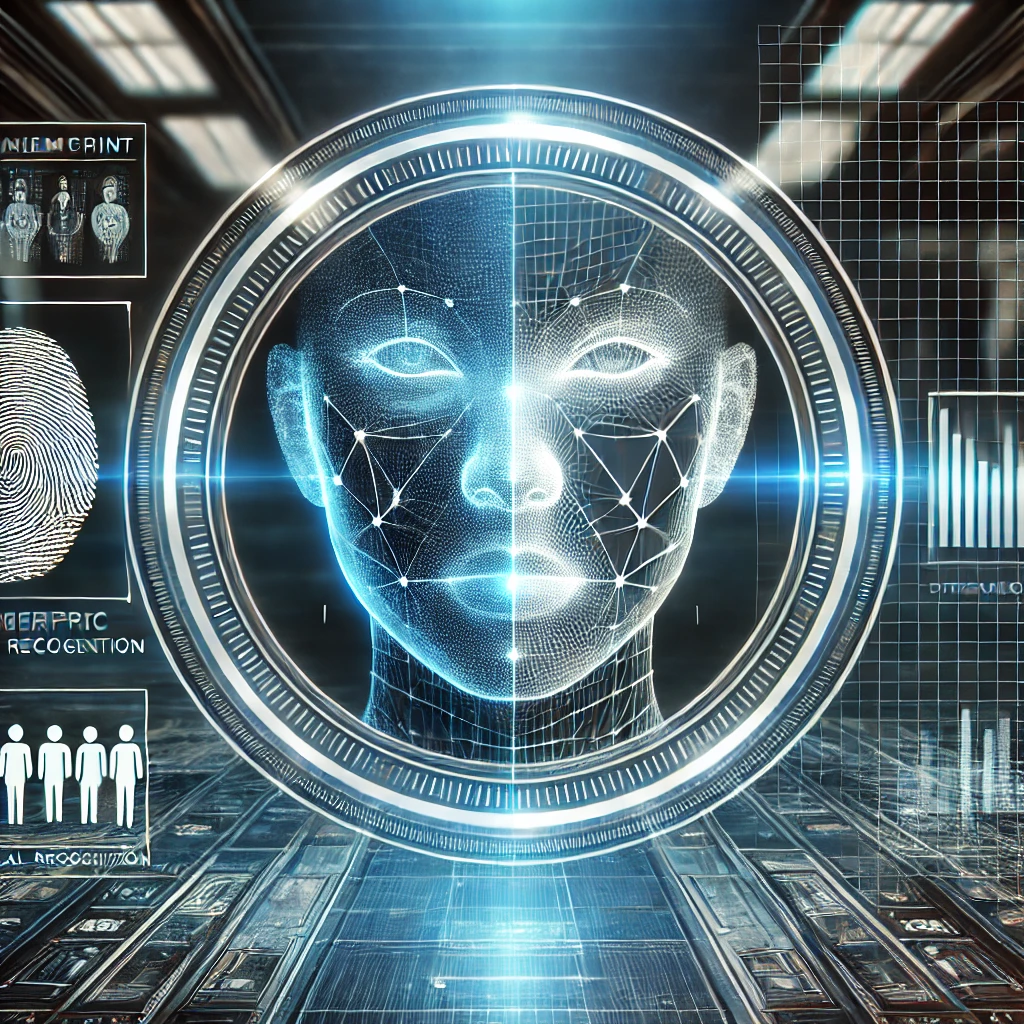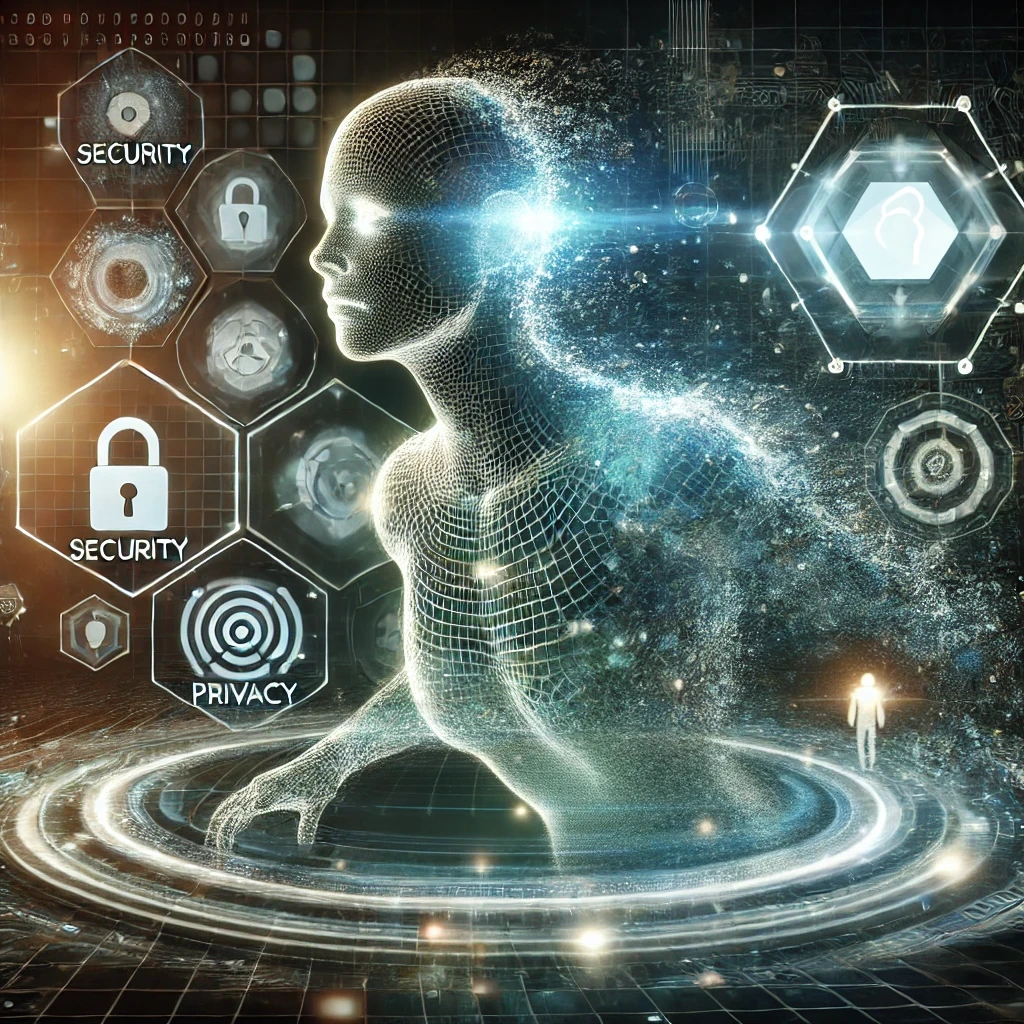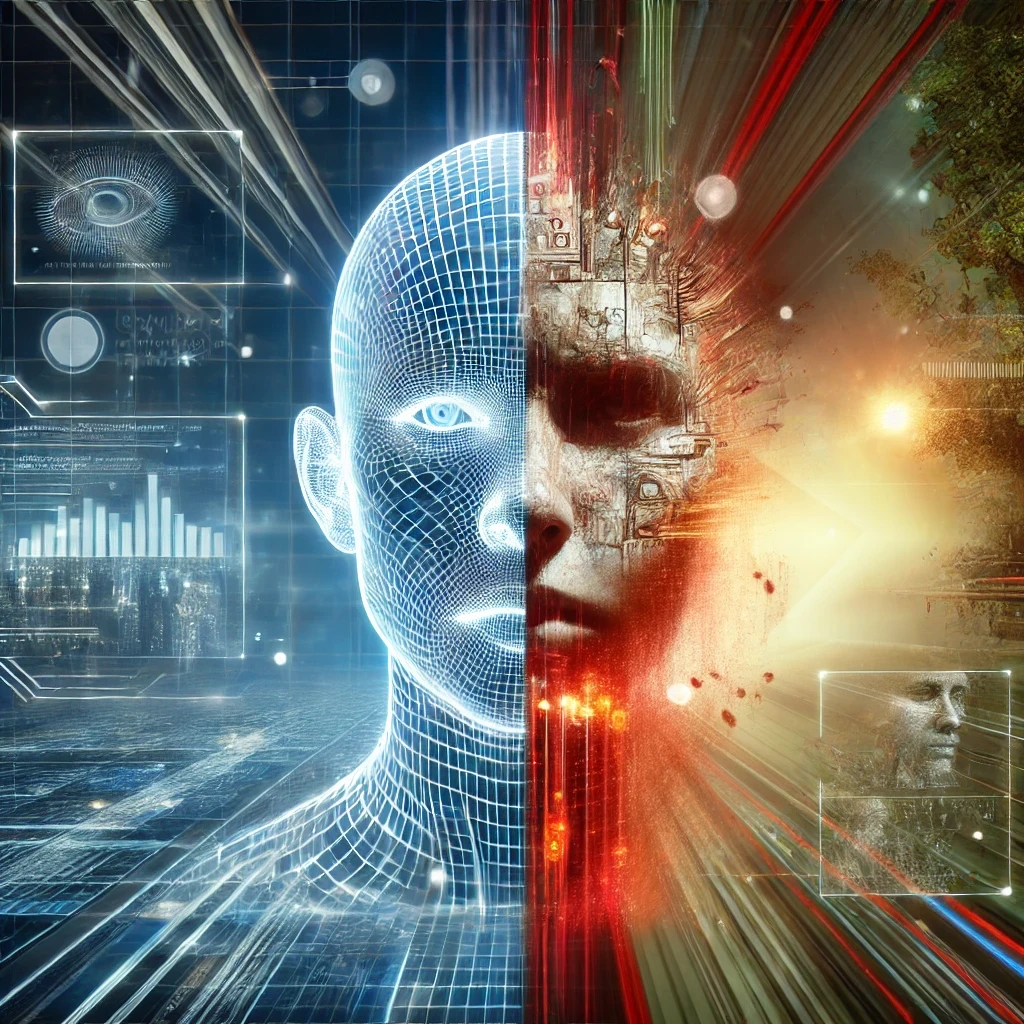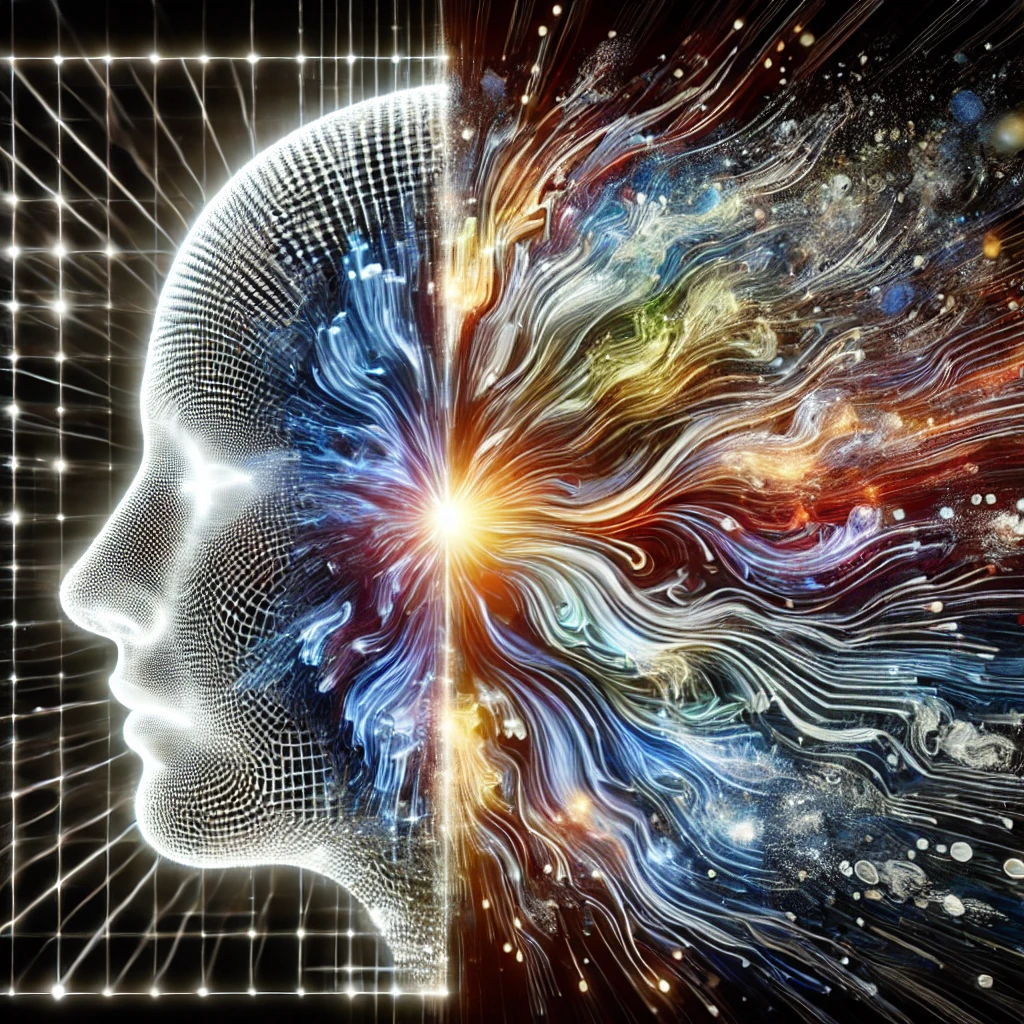· iWork Technologies Team · Thought Leadership · 4 min read
Exploring the Inverse Paradox - Flawed Digital Identity and Flawless Personal Identity
The value of authenticity, human connection, and privacy would be paramount, challenging the role of technology in representing our true selves with our digital identity twin

Exploring the Inverse Paradox: Flawed Digital Identity and Flawless Personal Identity
While the previous exploration delved into the implications of flawless digital identities alongside flawed personal identities, let’s now consider the inverse scenario: a world where digital identities are inherently flawed, while personal identities are somehow rendered flawless. This seemingly paradoxical situation opens up a new realm of thought experiments and raises questions about the nature of identity, technology, and human experience.
The Unlikely Scenario: Flawless Personal Identity
Before delving into the implications of this scenario, it’s important to acknowledge its inherent improbability. Personal identity, as we understand it, is intrinsically linked to change, growth, and the complexities of human experience. A flawless personal identity, one that is unchanging, perfectly consistent, and immune to external influences, seems almost antithetical to the human condition.
However, for the sake of this thought experiment, let’s suspend disbelief and consider a hypothetical world where personal identities are somehow rendered flawless. Perhaps advancements in neuroscience or psychology have enabled individuals to achieve a state of perfect self-awareness, emotional stability, and unwavering conviction in their values and beliefs. Alternatively, societal structures may have evolved to eliminate external pressures and expectations, allowing individuals to express their true selves without fear of judgment or conformity.
The Reality of Flawed Digital Identity
In contrast to this idealized personal identity, digital identities in this hypothetical world remain inherently flawed. This could be due to a variety of factors:
- Technological Limitations: Despite advances in cybersecurity and data management, digital systems remain vulnerable to hacking, breaches, and errors. Even the most sophisticated algorithms can be susceptible to bias and inaccuracies.
- Human Error: The creation and management of digital identities often involve human input, which introduces the possibility of mistakes, misunderstandings, and even malicious intent.
- Privacy Concerns: The collection and storage of personal data for digital identity purposes raises concerns about surveillance, misuse, and the erosion of individual privacy.
Thought Experiment: Navigating the Inverse Paradox
In this world of flawless personal identities and flawed digital identities, several intriguing scenarios emerge:
The Triumph of Authenticity
With personal identities firmly established and unwavering, individuals may place less emphasis on their digital representations. Social media profiles, online personas, and digital footprints may become less curated and more reflective of genuine thoughts, feelings, and experiences. This could lead to a decline in the performative aspects of online interaction and a greater emphasis on authenticity and meaningful connection.
The Erosion of Trust in Digital Systems
The inherent flaws in digital identity systems may lead to a widespread distrust of online platforms and services. Individuals, secure in their own self-knowledge, may be less willing to share personal information or rely on digital verification processes. This could result in a shift away from centralized digital identity systems and a greater emphasis on decentralized, self-sovereign identity solutions.
The Revaluation of Human Connection
In a world where digital identities are unreliable, face-to-face interactions and real-world relationships may gain renewed importance. The ability to perceive and understand the nuances of human expression, emotion, and intention may become even more valuable in a society where digital representations are inherently flawed.
The Rise of New Forms of Digital Expression
The limitations of traditional digital identity systems may spur the development of new and innovative ways to express oneself online. Artists, writers, and creators may explore alternative platforms and technologies that prioritize authenticity, creativity, and the complexities of human experience over data-driven representations.
Possible Implications
A Shift in Power Dynamics
The inverse paradox could lead to a shift in power dynamics between individuals and institutions. With individuals holding the “truth” of their identity, they may demand greater control over their digital representations and resist attempts by corporations or governments to define or categorize them.
A Renaissance of Humanism
The emphasis on authenticity and the limitations of digital representation may lead to a renewed appreciation for the humanities, philosophy, and the arts. These disciplines, which explore the depths of human experience, may gain prominence in a world where data alone cannot capture the essence of who we are.
A Redefinition of Privacy
The flaws in digital identity systems may prompt a re-evaluation of privacy in the digital age. Individuals may demand greater transparency and control over their personal data, leading to the development of new privacy-enhancing technologies and policies.
Conclusion
The thought experiment of flawed digital identities alongside flawless personal identities challenges us to re-imagine the relationship between technology and human identity. While such a scenario may be unlikely, it highlights the importance of recognizing the limitations of digital representation and the enduring value of authenticity, human connection, and the complexities of the human experience. By embracing the flaws and imperfections inherent in both ourselves and our digital systems, we can work towards a future where technology serves to enhance, rather than diminish, the richness of human identity.



